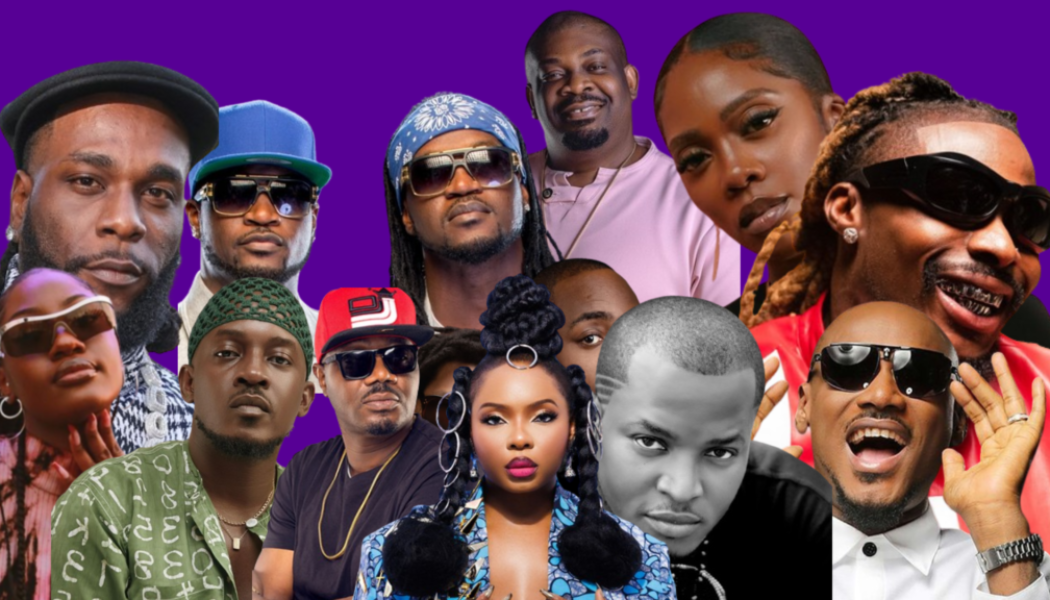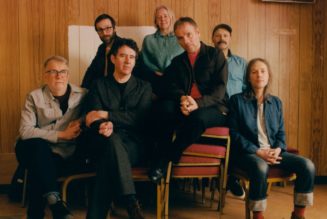In the last decade, the documentation of Afrobeats has thrived on X posts and threads, Instagram reels, Prime Video and Netflix documentary series, published books, articles and podcasts.
Now, it’s time for our sacred genre to transcend beyond literature to a physical structure for its immortalisation. A museum people can visit to dive into Afrobeats’ historical, artistic and cultural journey.
To any true follower of Afrobeats commentary, this won’t be the first mention of the concept of an “Afrobeats museum”. Nigerian pop conversation often tilts toward preserving the artists and music we currently feel deeply, a yearning for what the industry may not know it needs.
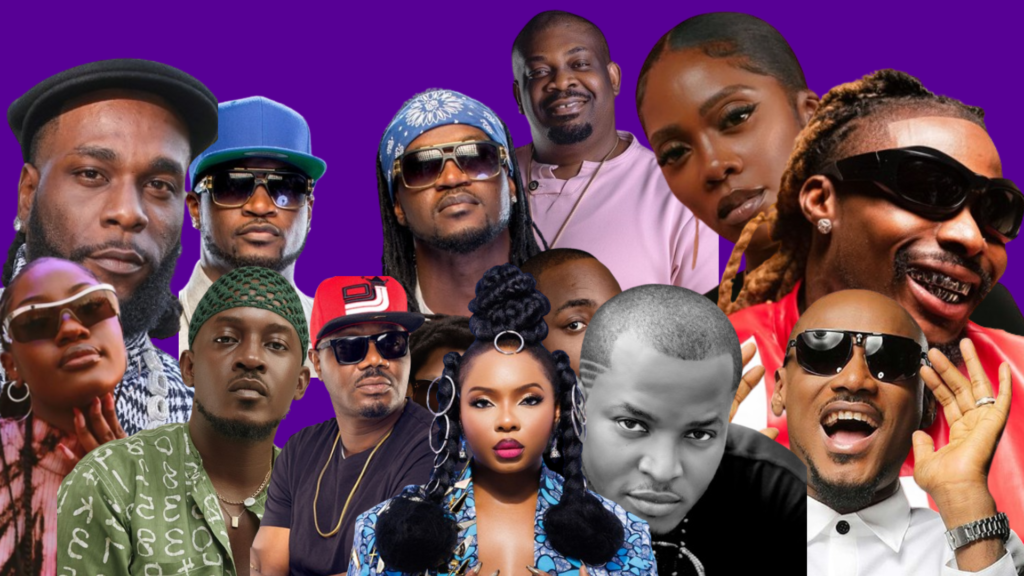
Rock and Roll has its museum in Cleveland, Ohio. Hip-Hop, in the Bronx, New York. While its longevity may be called into question, in over 20 years of existence, Afrobeats has achieved global impact and maintained its deep roots in its home base.
Our artists perform to thousands of people from all over the world in local Nigerian languages at sold-out international venues like the O2 Arena, Barclays Center, Tottenham Stadium and Madison Square Garden. Afrobeats has bridged cultural gaps, from the U.S to the U.K, down to South Korea and India, collaborating with global superstars and mixing with foreign genres, like the Afro-swing of the U.K.
Afrobeats has integrated regions on our continent, from Ghana to South Africa, opened up more job opportunities for young people through the music industry. We have music pop schools like The Sarz Academy and Music Business Africa, powerhouse labels like Mavin Records, distribution companies like Dvpper Music and Notjustokdistro, and have attracted foreign music companies like Empire and UnitedMasters to establish their business in Nigeria.
Why shouldn’t this genre have a dedicated home?
The absence of an Afrobeats museum hits harder inside Hard Rock Café on Lagos Island, whose walls are filled with memorabilia of renowned western musicians like Madonna, John Lennon, Robert Cray and Eric Clapton. It’s inspiring, but it also puzzles the average Nigerian as to why Afrobeats legends are glaringly absent from the walls. An American franchise that’s made its name off all-American cuisine and live music — originally Rock and Roll — the café is a prime example of what successfully preserving music culture looks like on a global and diversified level.
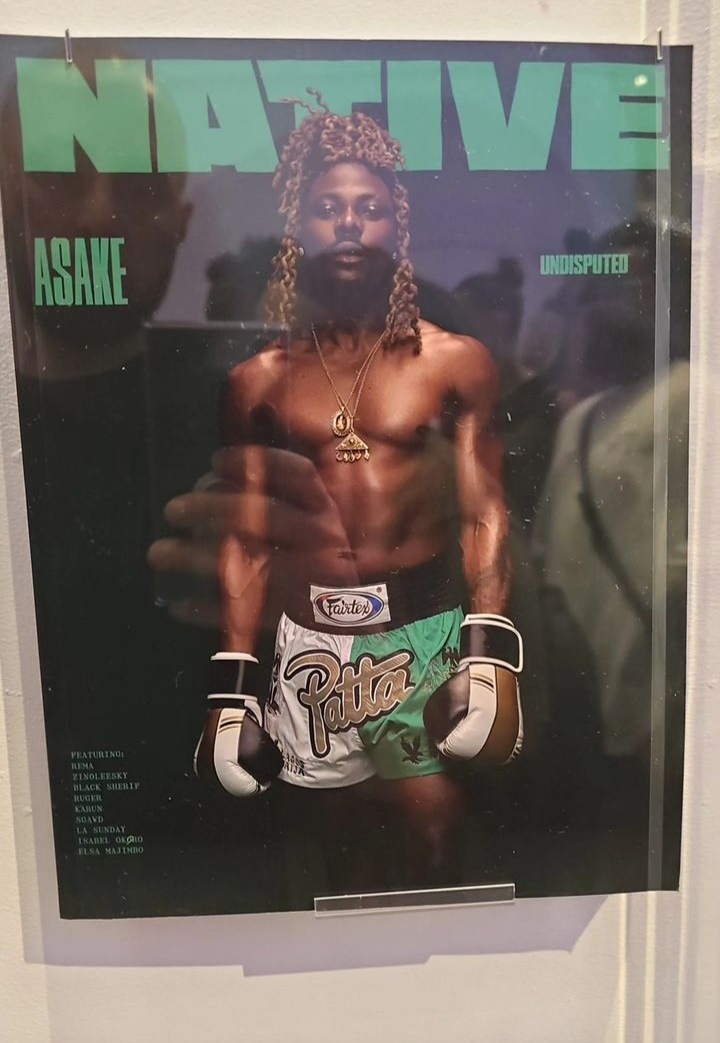
In June 2023, Alara, a Nigerian contemporary retail store, showcased West African fashion, design and art at the Africa Fashion exhibition in the Brooklyn Museum. Among the displays was an image of Asake’s Native Mag cover. The singular addition offered a glimpse of how impactful it would be to have a permanent showcase of our music — the visual and written stories of its top creators — for generations of aspiring musicians, listeners and tourists to experience.
Fuji Opera has achieved this to some extent for the iconic Nigerian genre. Dedicated to Fuji music and its history, this multidimensional platform, which includes a museum in London, celebrated the genre at The Africa Centre in August 2023, three years after its first independent exhibition in Nigeria.
Today, Afrobeats has garnered a wider appeal than an ild Fuji. Every December, Lagos — the centre of excellence and Afrobeats — is abuzz with Afrobeats shows and festivals; Nigerians turn up in multitudes. Outside Nigeria, foreigners love Afrobeats and are interested in where the music comes from. Recent global accomplishments at awards shows, festivals and stages, publications, charts and streaming platforms are all the evidence we need.
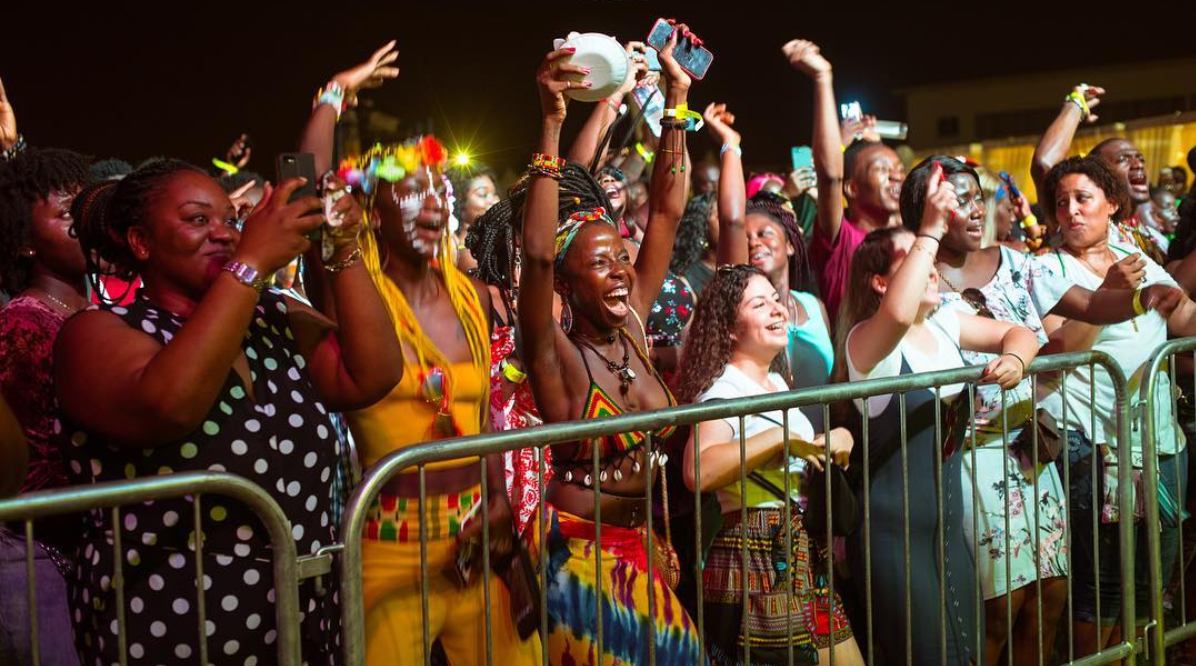
Image source: Medium
Afrobeats concerts and pop-up shows are great social tools, but the impact of a museum will be generational. Imagine Terry G’s first bell, 2Baba’s original Grass2Grace album copy and Jide Taiwo’s “Efile Fun Burna” — the lives and works of our most prominent musicians of all time — all in one place.
This museum must come to pass for the preservation of the genre and its impact on the music industry, Nigeria itself and Nigerians everywhere. If we wait too long to immortalise Afrobeats’ history, accomplishments and memories, we may turn it into what the Yorubas call a snake that crawls on a mountain and leaves no trace.
